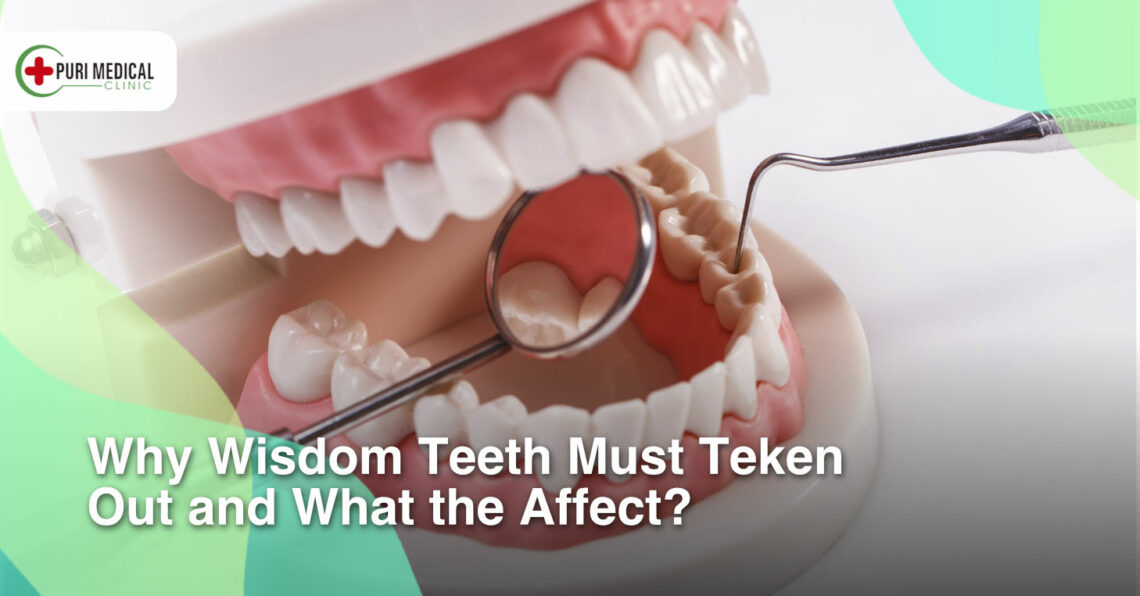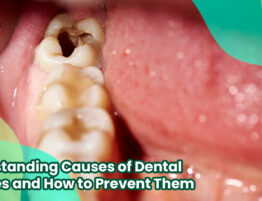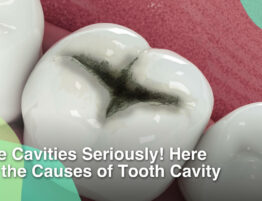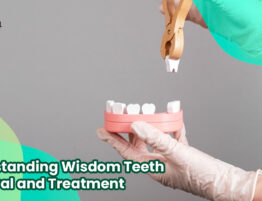
Wisdom teeth, also known as third molars, are a natural part of the human dentition. Despite their name, these teeth aren’t necessarily associated with wisdom. In fact, they often cause more trouble than enlightenment. Understanding why we have wisdom teeth, their location, common conditions affecting them, and why they’re often extracted can help individuals make informed decisions about their dental health.

Why Do We Have Wisdom Teeth?
The presence of wisdom tooth can be traced back to our ancestors who had larger jaws and relied heavily on a diet of coarse foods like roots, nuts, and raw meat. These foods required more chewing power, necessitating the additional molars for efficient grinding. However, as human diets evolved and became softer over time, the need for these extra teeth diminished. Despite this, genetic factors still dictate the development of the teeth in many individuals.
Where is the Tooth Located?
Wisdom teeth are located at the back of the mouth, behind the second molars. Most people have four wisdom teeth, with one located in each quadrant of the mouth: upper left, upper right, lower left, and lower right. However, variations in the number and positioning of wisdom teeth can occur, leading to complications such as impaction, crowding, and misalignment.
Read a similar article Understanding Wisdom Teeth Removal and Treatment
What are Some Conditions That Affect?
Several conditions can affect the health and alignment of wisdom tooth, including:
- Impaction: When there is not enough space in the jaw for the teeth to fully emerge, these teeth can be impacted, causing pain, swelling, and potential damage to the adjacent teeth.
- Crowding: The presence of these teeth can put pressure on the adjacent teeth, causing them to be crowded and misaligned.
- Infection: Wisdom teeth are more difficult to clean due to their location, making them susceptible to bacterial growth and infection, resulting in pain, swelling, and even systemic illness if left untreated.
- Cysts and tumors: Impacted wisdom teeth can develop cysts or tumors, which can cause damage to the jawbone and surrounding structures if not addressed promptly.
Why Wisdom Teeth Taken Out?
Due to the potential for complications associated with wisdom tooth, many dentists recommend their removal as a preventive measure. Some common reasons why it should be removed:
- Impaction: Impacted wisdom teeth can cause pain, swelling, and infection. Removing them can alleviate discomfort and prevent further complications.
- Crowding: These teeth can push the surrounding teeth out of alignment, leading to crowding and bite problems. Extractions may be necessary to maintain proper dental alignment.
- Infection: An infected tooth can cause serious oral health problems and can even affect overall health if the bacteria enter the bloodstream. Removing infected teeth can prevent the spread of infection.
- Damage to adjacent teeth: Impacted teeth can put pressure on adjacent teeth, increasing the risk of decay, erosion, and other damage. Extraction can protect the health of surrounding teeth.
Wisdom tooth may have served a purpose in our evolutionary past, but in modern times, they often pose more problems than benefits. From impaction and infection to crowding and misalignment, these third molars can cause a host of dental issues if not properly managed. Understanding the significance of wisdom tooth, their potential impact on oral health, and the importance of regular dental care is crucial for maintaining a healthy smile. By seeking professional dental guidance and scheduling regular check-ups at Puri Medical, you can take proactive steps to protect your oral health and well-being.








